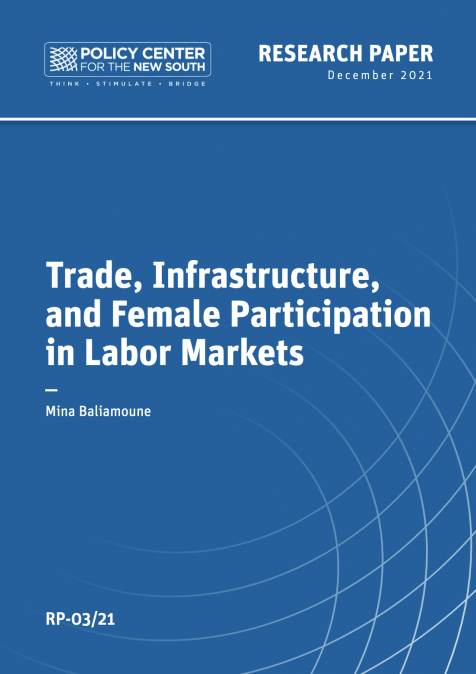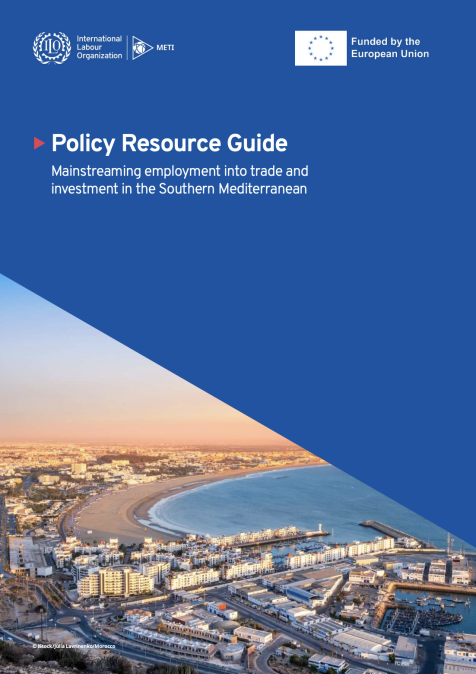Publications /
Research Paper
We provide evidence on the direct and indirect effects of trade and infrastructure on women’s participation in the labor force. We use panel data from 91 developing and emerging economies, and examine the impacts of openness to international trade and three indicators of infrastructure (access to electricity, mobile phone subscriptions and internet use) on female labor force participation. Fixed-effects and instrumental variable fixed-effects estimates suggest that both trade and access to electricity have non-linear (U-shape) effects on female labor force participation, and have additional region-specific impacts which are negative in the case of the Middle East and North Africa, and positive in the case of Latin America and the Caribbean, but do not seem to have additional effects from interactions with each other. On the other hand, we find that mobile phone and internet use boost women’s labor force participation through their interplay with trade. We discuss the policy implications of these findings.











